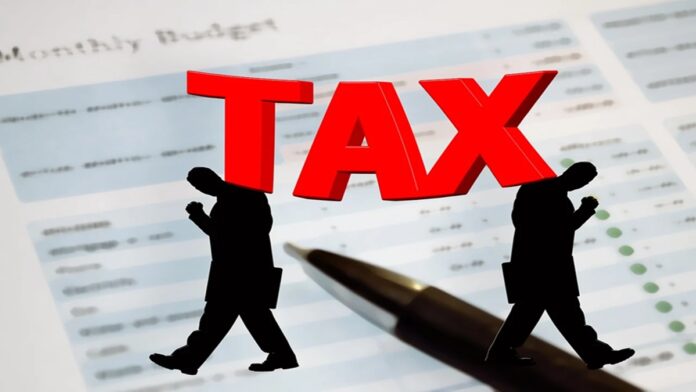The Income Tax Department has started serving notices to individuals who have been paying rent of Rs 50,000 and more and also claiming HRA exemptions in their tax return filings for the past few years against the amount remitted to their landlords but never deducted TDS (tax deducted at source), according to an ET report.
Under Section 194-I of the IT Act, individuals who are paying a rent of Rs 50,000 per month or more as rent to their resident Indian landlords must deduct TDS at 2% on the amount they remit every month. This TDS amount was 5% until October last year. As per the law, if a tenant pays the rent and claims HRA against it but doesn’t pay TDS, the claim becomes invalid. Under Section 194-I of the Income Tax Act, it’s the monthly rent that determines the TDS obligation of an individual and not the claim made through HRA while filing returns. So, even if a taxpayer pays Rs 50,000 rent for a single month, it attracts TDS of 2%.
If the landlord is a non-resident Indian (NRI), the TDS applicable on the amount is 31.2%, and that too irrespective of the amount.
Also read: New Tax Rule: Govt to match your current ITR with previous year’s to find inconsistencies – Details here
Reports suggest that many taxpayers have received notices from tax authorities concerning the financial years 2022-2023 and 2023-24. These notices state that these taxpayers claimed HRA for specific years but did not deduct TDS while paying their monthly rent to their landlords.
These taxpayers have been asked to file an updated return if they want to reduce their claim, according to reports.
Also read: Income Tax Return 2025: When will ITR filing start? Know the types of Forms and how to fill them online
Under the income tax law, a tenant who is living in a property and paying a rent of Rs 50,000 for it must deduct TDS of 2% on the rent paid to the landlord. If the individual fails to do so, it will be considered the assessee in default. Then the individual will be subject to a levy of certain penalties and interest by the Income Tax Department. The interest and penalty may vary depending on the individual cases and the time of the default.
» Read More


